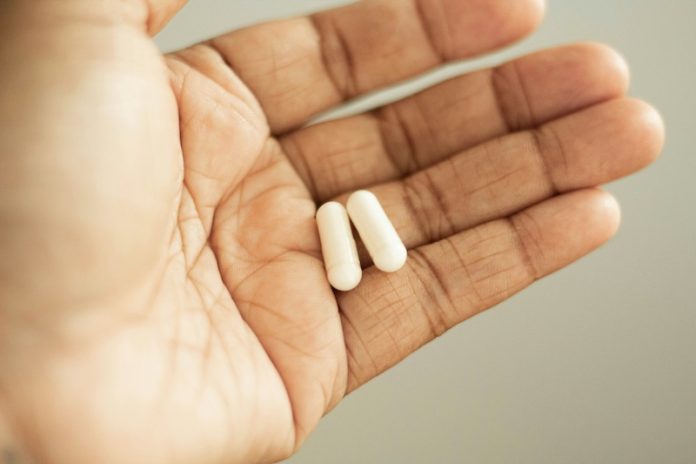
Cholesterol is a type of fat that travels through our blood. Our bodies need some cholesterol to stay healthy. It helps build cell walls and makes important hormones. But if we have too much of it, it can be dangerous.
Imagine your blood vessels are like water pipes. When there’s too much cholesterol, it can build up inside the walls of these pipes. This build-up makes it harder for blood to flow and can lead to heart attacks or strokes. That’s why many people take medicine to lower their cholesterol. These medicines help stop the build-up and protect the heart.
One common type of cholesterol medicine is called statins. Another newer type is called PCSK9 inhibitors. A group of researchers from the University of South Australia wanted to understand more about how these medicines work. They studied the effects of these drugs and also looked at any side effects people might experience.
Their study confirmed that both statins and PCSK9 inhibitors are good at lowering cholesterol and reducing the risk of heart disease. Many people take them to avoid heart problems as they get older. But like all medicines, they don’t work the same way for everyone.
Some people who took statins saw a change in their brain. A part of the brain called the hippocampus, which is important for memory, got a little bigger. This is interesting because it suggests that statins might not only protect the heart but could also help keep the brain healthy and memory strong as people age.
On the other hand, the study also found some things to be careful about. For example, some people who took statins gained weight and had more body fat. In men, there were also lower levels of testosterone, which is a hormone that helps control mood and energy. Low testosterone can make people feel more tired or less motivated.
The other type of medicine, PCSK9 inhibitors, works by helping the body remove cholesterol more effectively. They’re often used when statins alone are not enough. The study noticed a possible link between PCSK9 inhibitors and lung health.
Some people taking these drugs had changes in their lung function. However, the researchers said it’s still too early to know for sure if the medicine caused this. More studies are needed to understand this better.
This research is important because it gives doctors and patients more information about these drugs. If someone has a lung condition, their doctor might think twice before choosing PCSK9 inhibitors. Or, if someone is worried about weight gain or hormone changes, they can talk with their doctor about the possible effects of statins.
The key message is that everyone’s body is different. A drug that works well for one person might not be the best choice for someone else. That’s why it’s important to stay informed and work closely with your doctor. Don’t be afraid to ask questions or bring up concerns.
This study, published in the British Journal of Clinical Pharmacology, helps us learn more about how these medicines work and what to watch for. It reminds us that while lowering cholesterol is important for heart health, we also need to think about the rest of the body.
By keeping up with new research and having open conversations with healthcare providers, people can make smarter decisions about their health. Medicines like statins and PCSK9 inhibitors are helpful tools, but knowing both the benefits and risks is key to staying well.
If you care about heart disease, please read studies about a big cause of heart failure, and common blood test could advance heart failure treatment.
For more information about heart health, please see recent studies about a new way to repair human heart, and results showing drinking coffee may help reduce heart failure risk.
Copyright © 2025 Knowridge Science Report. All rights reserved.



